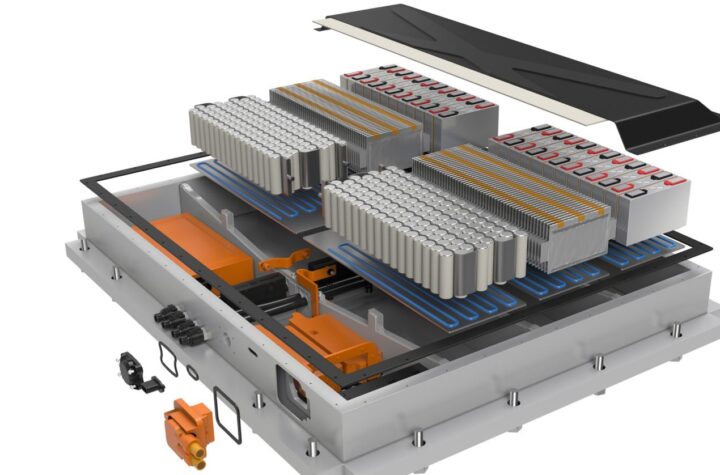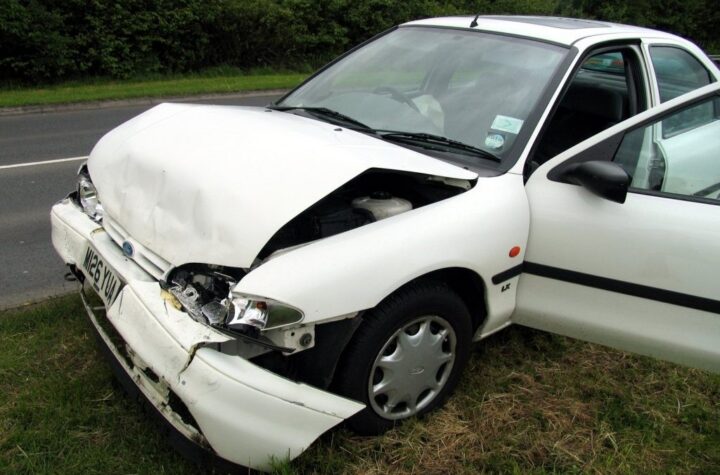
Honeywell (NYSE: HON) announced today that the EuropeanCommission’s top scientific and technical body has concluded that Honeywell’snew low-global-warming-potential mobile air conditioning refrigerant,HFO-1234yf, is safe for use in automobiles, marking the final word in athorough and inclusive evaluation process.
“A scientific review of the research regarding thesafety aspects of the use of refrigerant R1234yf in Mobile Air Conditioning(MAC) systems, published today by the European Commission, concludes that thereis no evidence of a serious risk in the use of this refrigerant in MAC systemsunder normal and foreseeable conditions of use,” the European Commissionsaid in statement today(http://europa.eu/rapid/press-release_MEMO-14-168_en.htm) following anextensive evaluation by the Commission’s Joint Research Centre (JRC). “Thereview reinforces the conclusions by the German market surveillance authorities,the KBA (Kraftfahrt Bundesamt), which stated that there is no sufficientsupporting evidence of a serious risk that would entail the intervention of theauthorities.”
JRC today issued a 17-page report(http://ec.europa.eu/enterprise/sectors/automotive/environment/macs/index_en.htm)supporting its conclusions after a three-month evaluation during which itthoroughly reviewed the extensive testing done by a range of leading automakersas well as the world’s foremost automotive engineering body, SAE International,and independent test agencies.
The JRC provides independent scientific and technicaladvice to the European Commission to broadly support policy-setting activities.It oversees seven scientific institutes across Europe with a wide range oflaboratories and research capabilities.
“The JRC’s independent and unimpeachable reportleaves no doubt that HFO-1234yf is safe for automotive applications,” saidKen Gayer, vice president and general manager for Honeywell Fluorine Products.”We continue to see strong adoption by global automakers of this newrefrigerant as they work to meet new environmental regulation, especially inEurope, and are investing in production capacity to ensure adequatesupply.”
HFO-1234yf, a highly efficient, safe and effectivereplacement for the current automotive air conditioning refrigerant, HFC-134a,is already widely used by the auto industry. There are more than 500,000automobiles safely using HFO-1234yf on the road today, and by the end of 2014that number is expected to grow to more than 2 million. Third-party data showsthat HFO-1234yf’s widespread adoption globally would have the greenhouse gasequivalent of permanently removing more than 30 million cars from the roadworldwide, or about 3 percent of the total global fleet.
HFO-1234yf is being adopted by automakers in part to meetthe European Union’s Mobile Air Conditioning (MAC) Directive, which aims toreduce the greenhouse gas emissions of air-conditioning systems in passengercars and light commercial vehicles. As reconfirmed last month by theIntergovernmental Panel on Climate Change (IPCC), HFO-1234yf has a globalwarming potential of less than 1, which is even lower than that of carbondioxide. This GWP is 99.9 percent lower than that of HFC-134a with a GWP of1,300, which makes it an especially potent greenhouse gas. The JRC began itsextensive evaluation of the extensive testing already conducted on HFO-1234yfin October 2013 at the request of The Directorate General for Enterprise toconclusively determine the safety of the refrigerant.
Daimler in late 2012 had raised questions about therefrigerant’s safety due to its mild flammability. Last year, SAEInternational, the world’s leading automotive engineering organization, whichcomprises engineers from the world’s leading automotive manufacturers,concluded that the refrigerant was safe after completing an expanded andextensive evaluation. Those conclusions were backed by 10 global automakers whotook part in the SAE Cooperative Research Project, including Chrysler/Fiat,Ford, General Motors, Honda, Hyundai, Jaguar Land Rover, Mazda, PSA, Renaultand Toyota. The SAE report called Daimler’s testing of the product to be”unrealistic.”
SAE representatives as well as experts from severalglobal car manufacturers also presented at JRC meetings, and the JRC reviewedtesting and evaluations from multiple SAE Cooperative Research Programs as wellas more recent testing by the KBA. The KBA’s testing demonstrated that usingHFO-1234yf creates no serious risks, and as a result it did not pursue actionunder Germany’s Product Safety Act.
SAE International, formerly known as the Society ofAutomotive Engineers, is an independent, global association of more than133,000 engineers and related technical experts in the aerospace, automotiveand commercial vehicle industries.
For more information, visit www.1234facts.com/resourcesor www.1234fakten.de/ressourcen.
Honeywell (www.honeywell.com) is a Fortune 100diversified technology and manufacturing leader, serving customers worldwidewith aerospace products and services; control technologies for buildings, homesand industry; turbochargers; and performance materials. Based in MorrisTownship, N.J., Honeywell’s shares are traded on the New York, London, andChicago Stock Exchanges. For more news and information on Honeywell, pleasevisit www.honeywellnow.com.












More Stories
DuPont materials science advances next generation of EV batteries at The Battery Show
How a Truck Driver Can Avoid Mistakes That Lead to Truck Accidents
Car Crash Types Explained: From Rear-End to Head-On Collisions